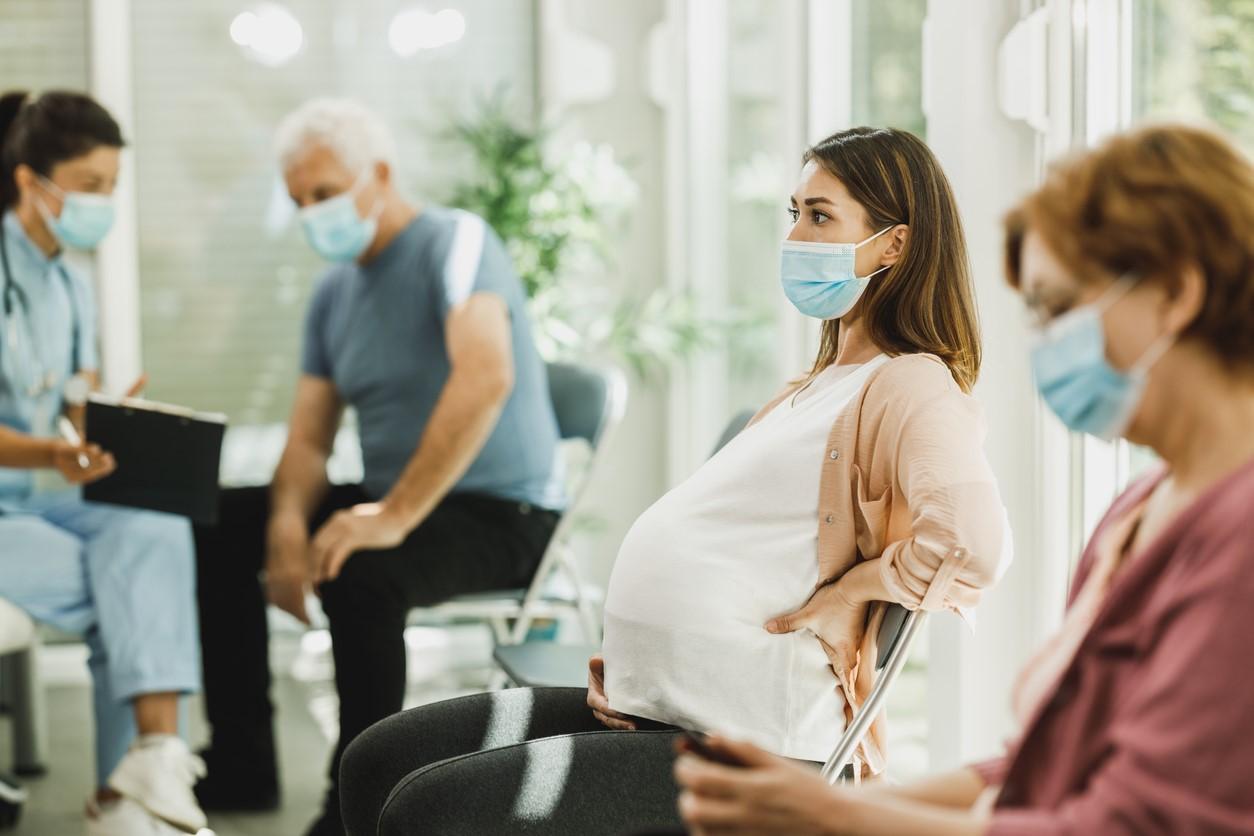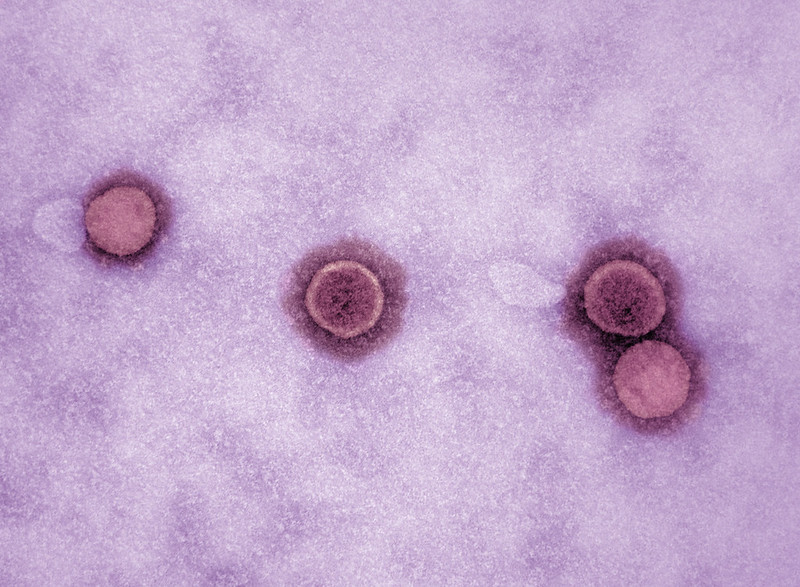
Maternal COVID-19 vaccination in the first trimester of pregnancy is not linked to major structural birth defects, according to a study yesterday in JAMA Pediatrics.
The study was based on outcomes seen among women who received one or two mRNA COVID-19 vaccine doses in the first trimester of pregnancy and gave birth from March 5, 2021, to January 25, 2022, at eight US study sites.
Among 42,156 eligible pregnant women, 7,632 (18.1%) received an mRNA COVID-19 vaccine in the first trimester. Of the 34 524 pregnant women without a first-trimester COVID-19 vaccination, 2,045 (5.9%) were vaccinated before pregnancy, 13,494 (39.1%) during the second or third trimester, and 18,985 (55.0%) were unvaccinated.
No rise in birth defects
Major structural birth defects occurred in 113 infants (1.48%) after first-trimester mRNA COVID-19 vaccination, the authors said, and in 488 infants (1.41%) without first-trimester vaccine exposure. The adjusted prevalence ratio was 1.02 (95% confidence interval, 0.78 to 1.33).
Compared with unvaccinated pregnant women, those vaccinated in the first trimester were older (mean age, 32.3 years compared with 30.6 years).
No significant differences between infants vaccinated or unvaccinated in the first trimester were identified.
"In secondary analyses, with major structural birth defect outcomes grouped by organ system, no significant differences between infants vaccinated or unvaccinated in the first trimester were identified," the authors said.













